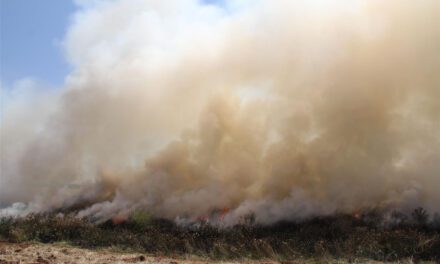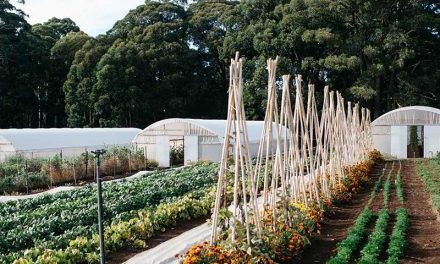Mary-Faeth Chenery
It’s clear that we need more affordable, social and sustainably built housing in Daylesford, particularly for women over 55 who make up the fastest growing group amongst the homeless. Residential zoned land, close to the centre of town is required. A couple of local groups are working to make this happen.
Older Women In Cohousing (WINC) is one such group – a Daylesford-based incorporated association with 35 members ranging in age from 52 to 78. Many are locals: Mary-Faeth Chenery, Anneke Deutsch, Joy Nunn, Jan Thompson, Lorene Gottschalk, Phillipa Wooller, Jennifer May, Pam Hicks and Maria Bamford. They’re collaborating to create a thriving, self-governed, sustainable, accessible Cohousing community for older women.
WINC members come from across the socio-economic spectrum: some are eligible for social housing; some will require help to purchase; and many will buy outright.
President of WINC, Anneke Deutsch, says ‘Such a mixed tenure development provides options for funding the project as well as better opportunities for mutual support and connectedness than concentrations of social housing. There’s less need for Home Care Packages when you have immediate neighbours who are cooperative, supportive friends.’
WINC is exploring opportunities for locating their community on the eco-village superlots in the middle of the proposed 17 Smith Street development, with the original sandstone homestead repurposed as a Commonhouse. Affordable living for the residents can be achieved by designs that incorporate buildings that use minimal energy to heat and cool and shared infrastructure – shared laundry, guest rooms, workshop, etc.
Residential land is needed to provide social, affordable and other housing for people who want to enjoy all that Daylesford has to offer. WINC is concerned that local conversations seem to portray development as something to be feared. Development should be guided by a shared community vision, formalised in the Planning Scheme. The current Council consultation process will hopefully inform this.
The 17 Smith St site has been zoned residential for decades. It’s reasonable for its owners to expect to be able to divide and sell the land within the controls of the Planning Scheme. It’s true that the resulting neighbourhood will change some of the rural outlook that we currently enjoy, but new homes are needed.
WINC has been working with the developers to try to find a middle way to create a cohousing village at Middleton Field whilst addressing the issues raised by some in the community.
WINC women support many of the objectors’ concerns. They too wish:
- to retain most of the mature trees
- to see swale, grassed drainage on roadsides, to allow some stormwater to be absorbed and to maintain our town’s rural feel
- for Council to accept ownership of more parkland and wetlands from the developers, rather than insist on a payment in lieu.
Mary-Faeth Chenery, secretary of WINC, says: ‘I would like the Smith St development to be approved quickly – ideally with some negotiated changes – so that older women at risk of homelessness can have secure, long term housing. I hope the process with the Minister goes well.’




